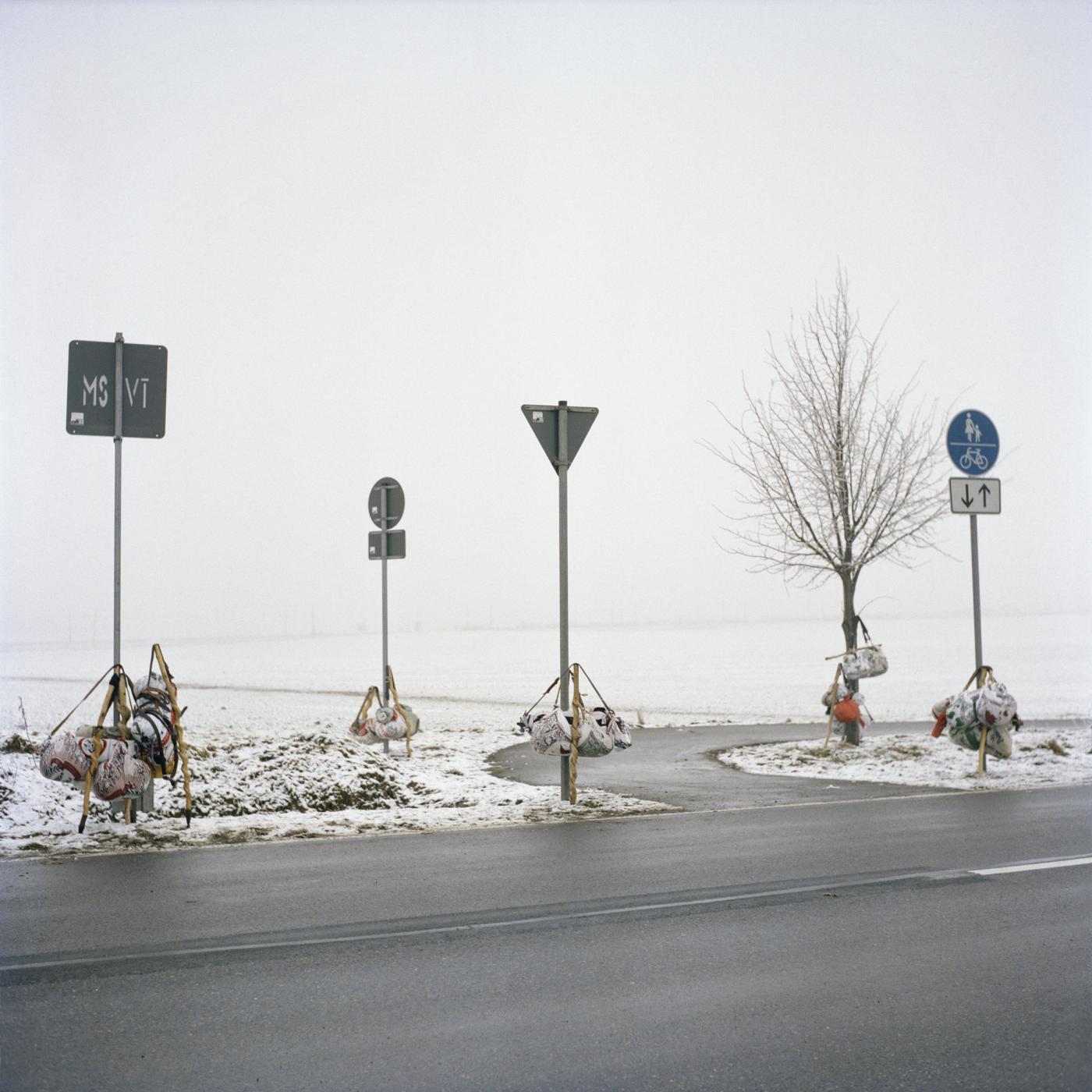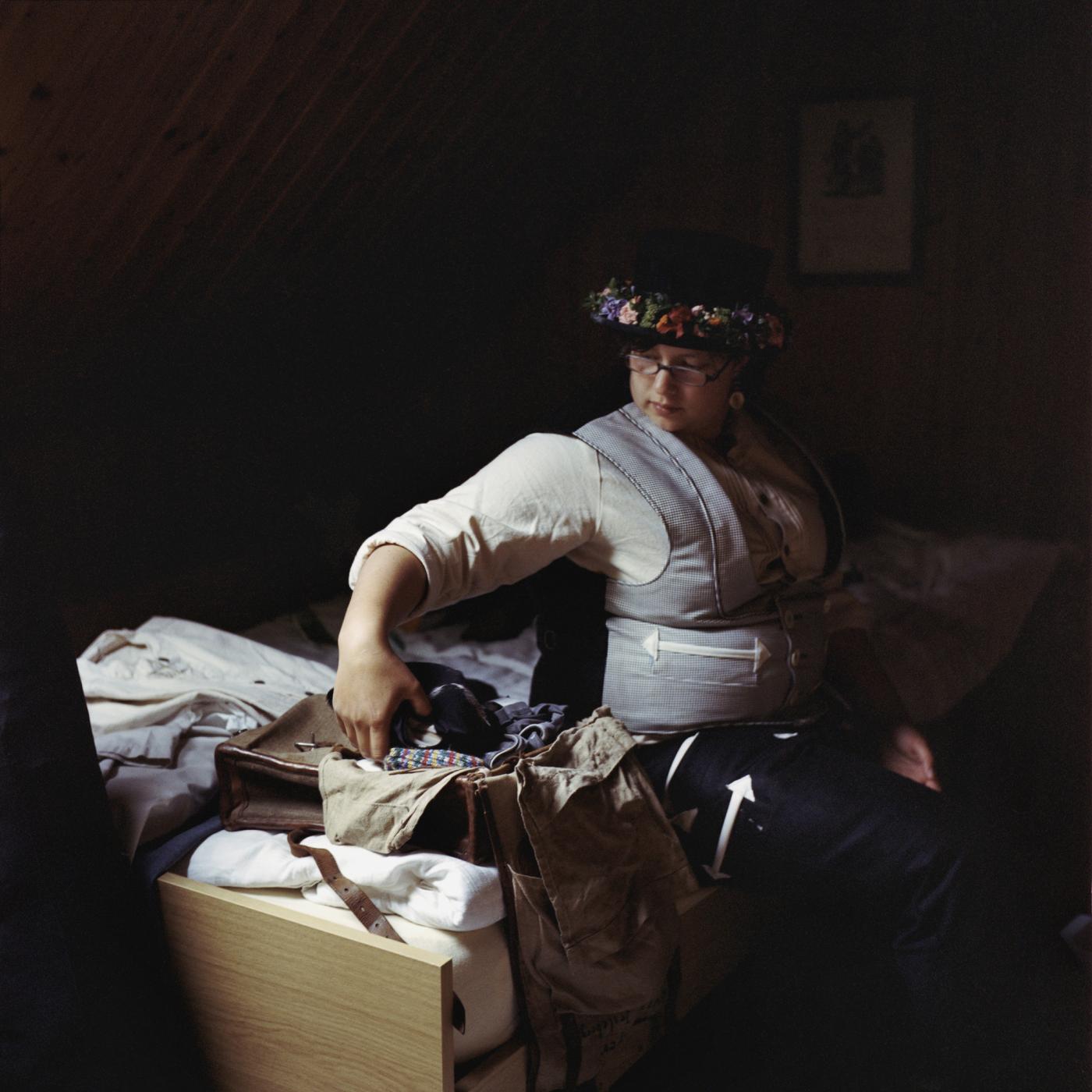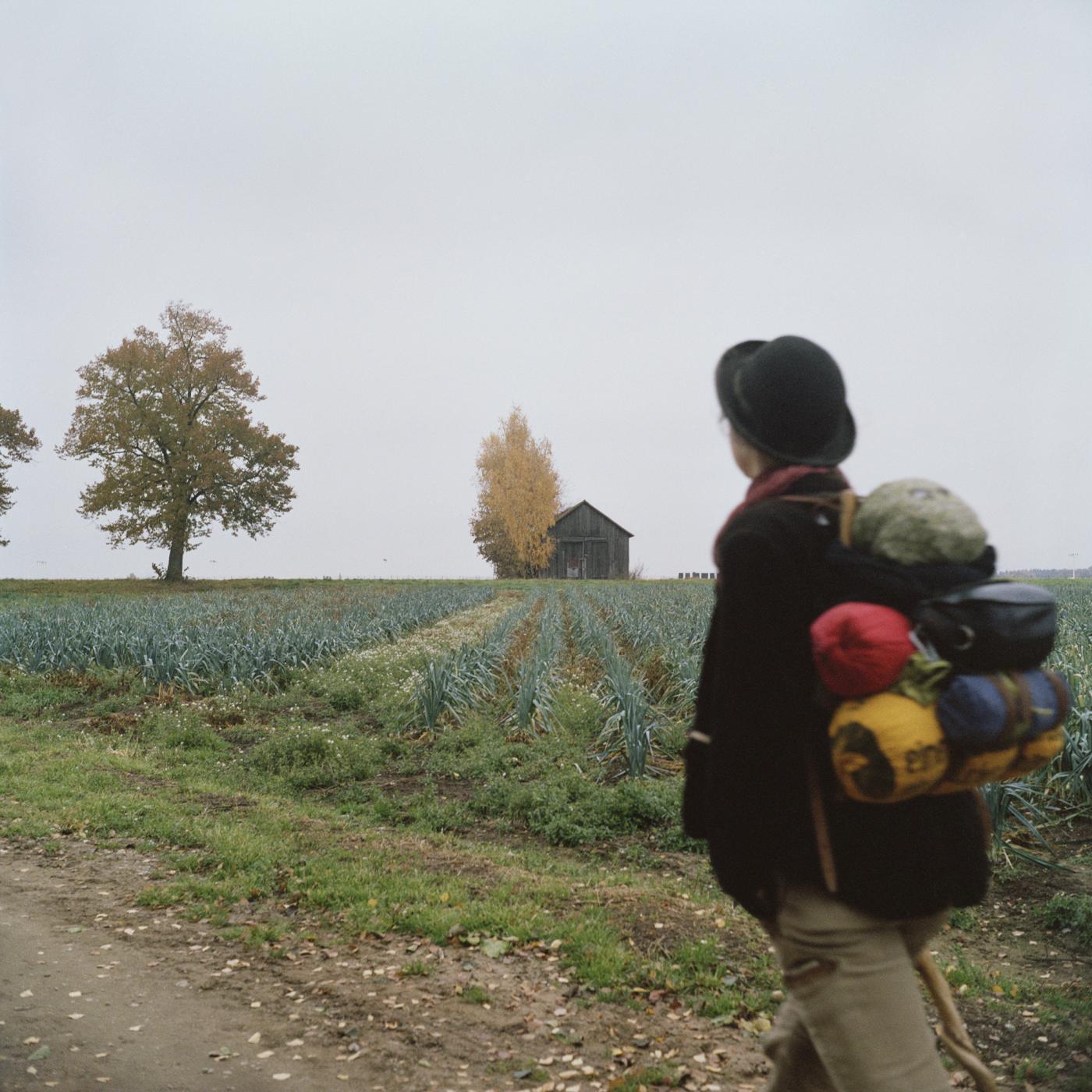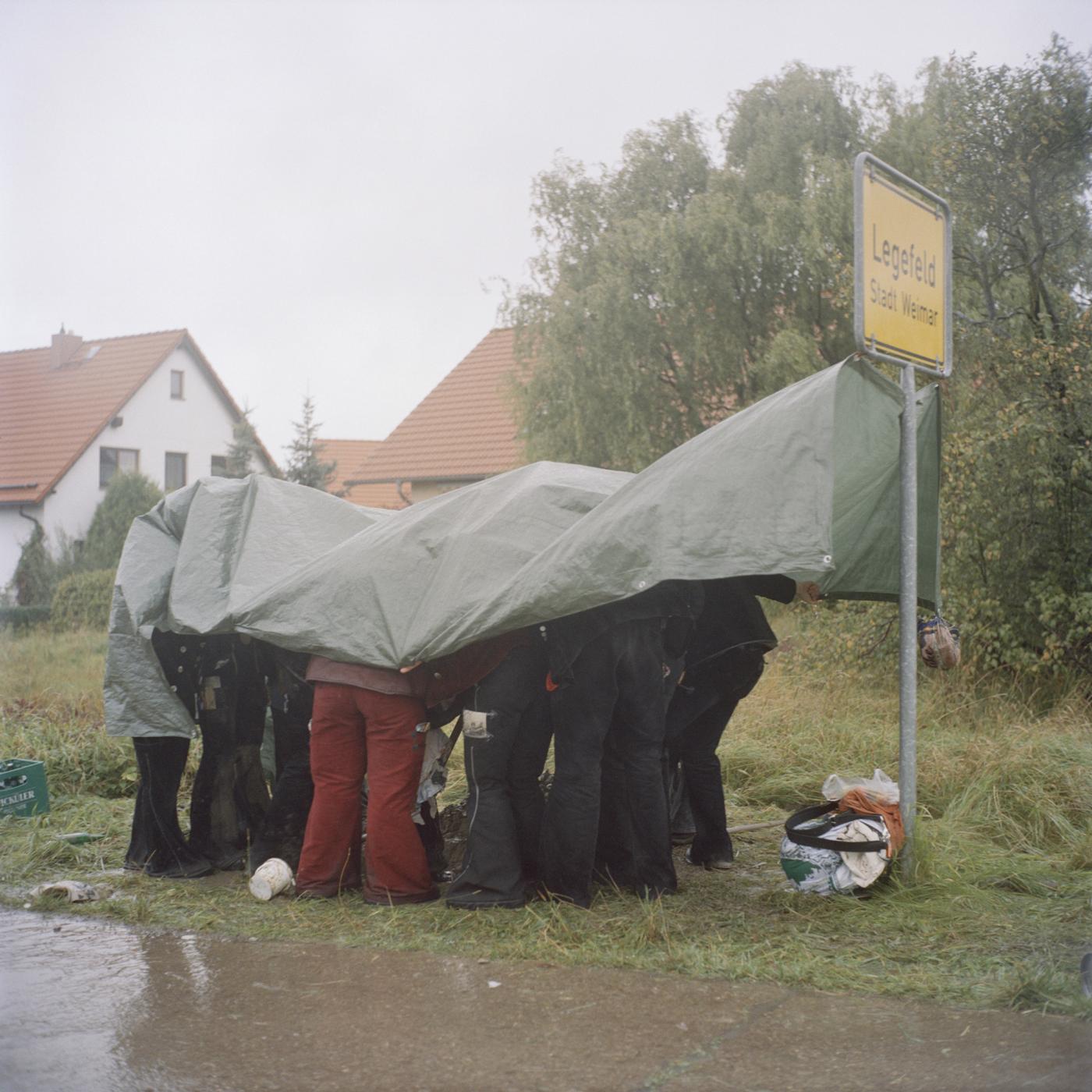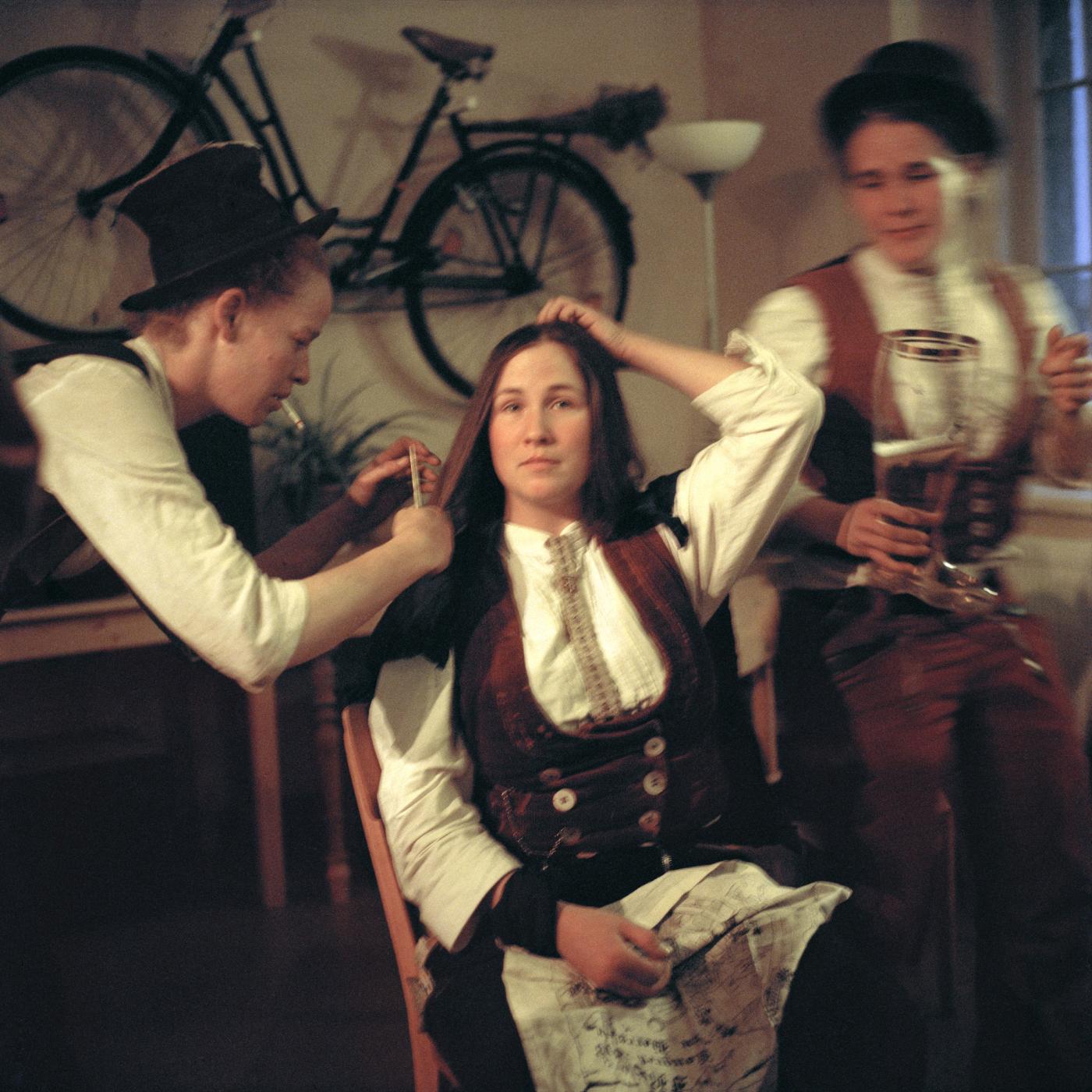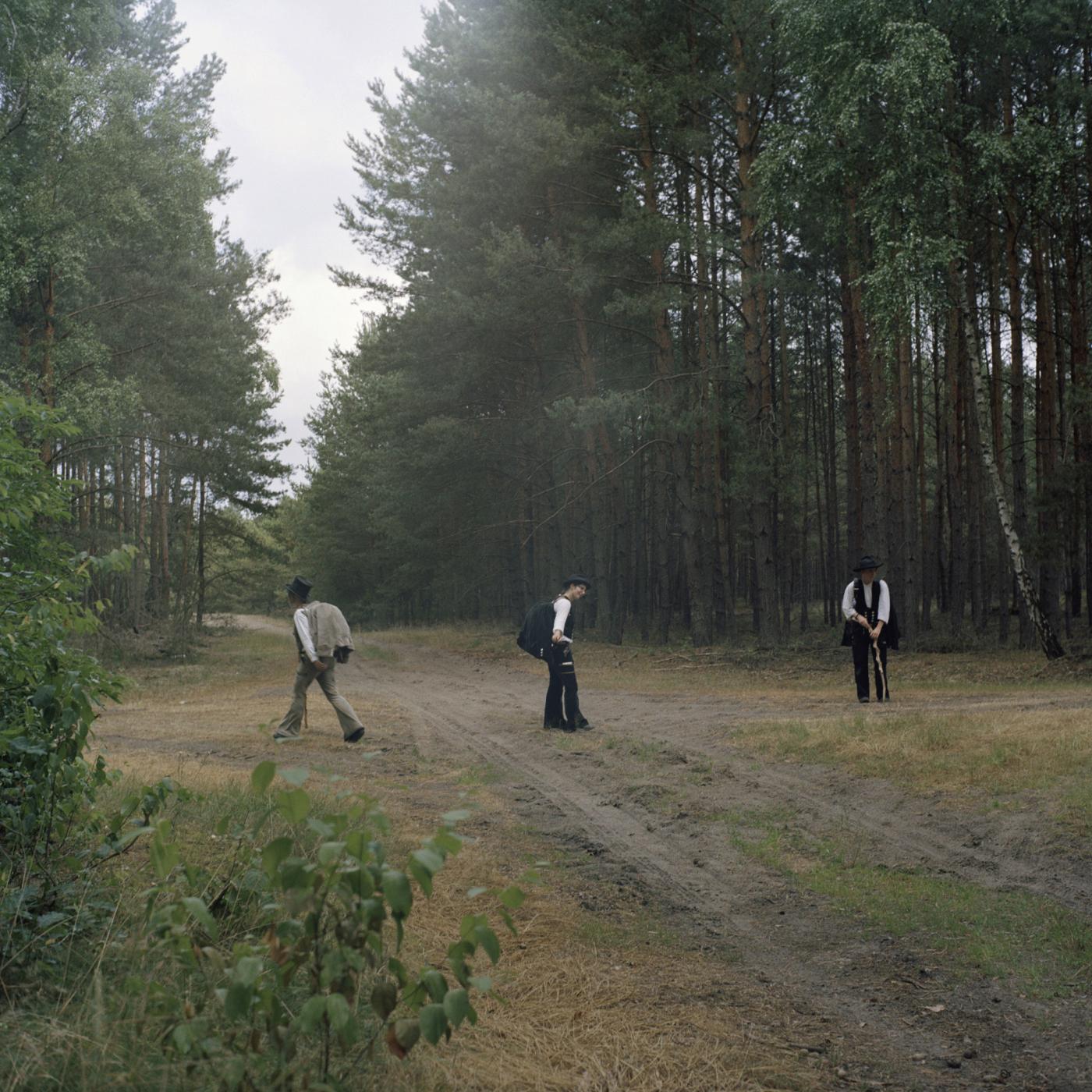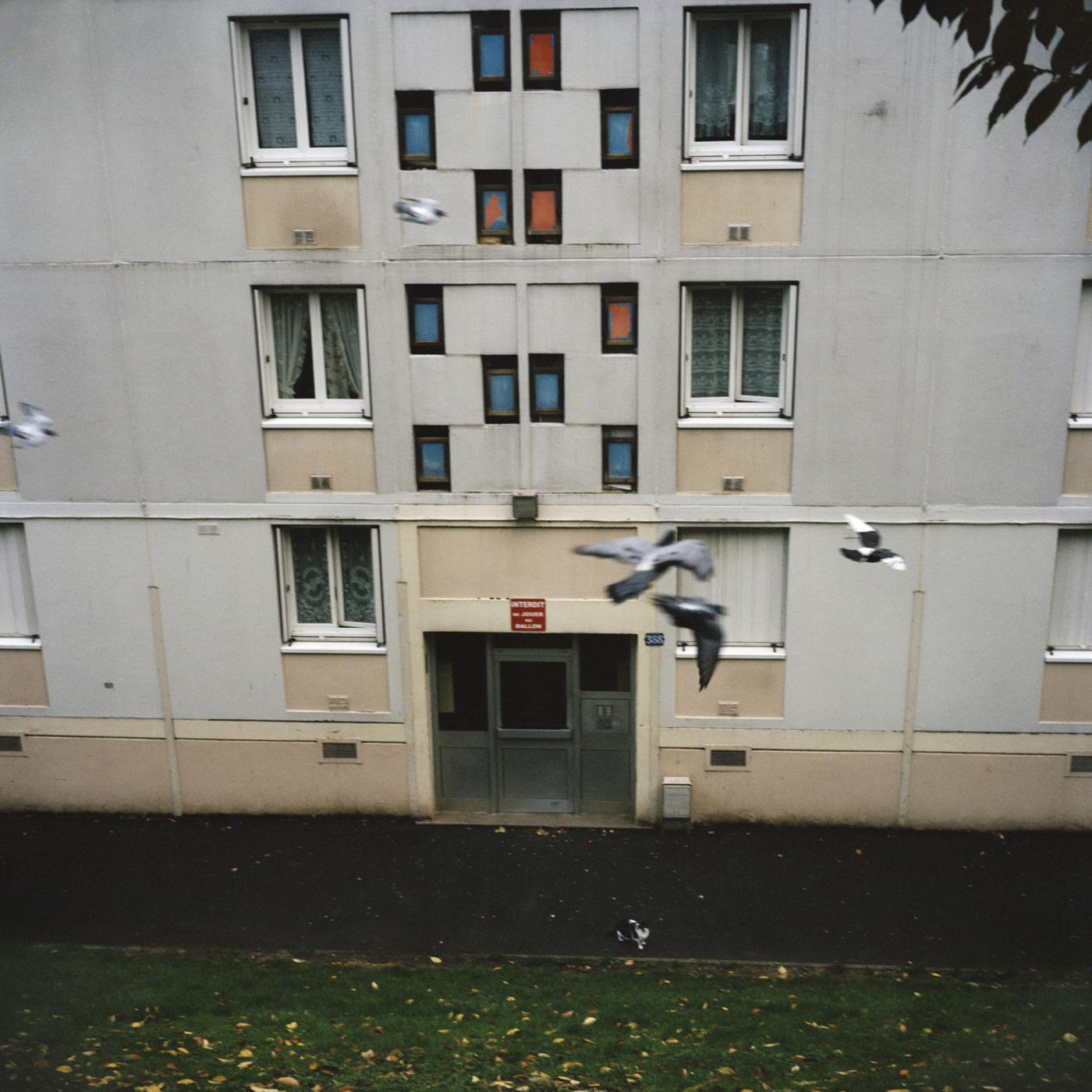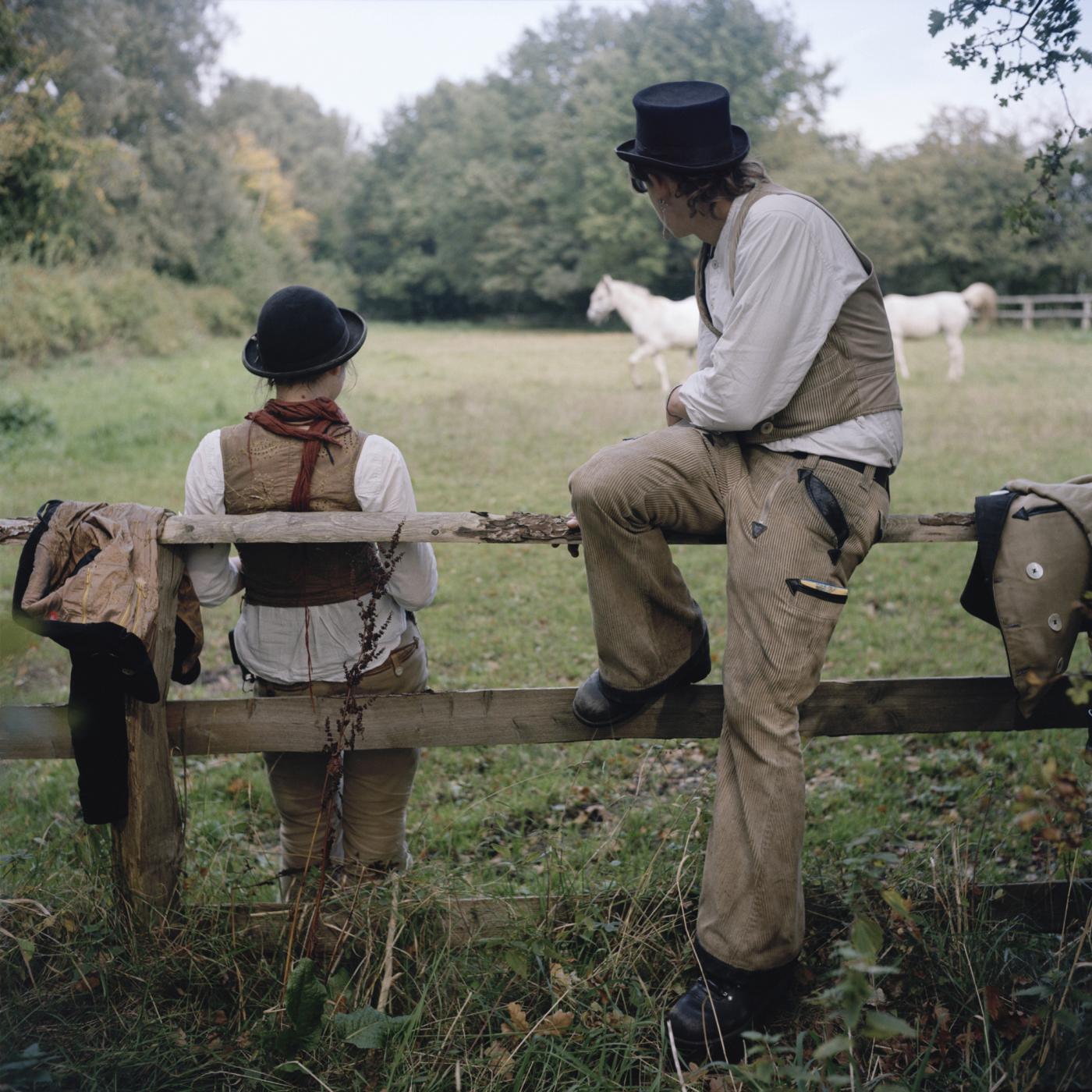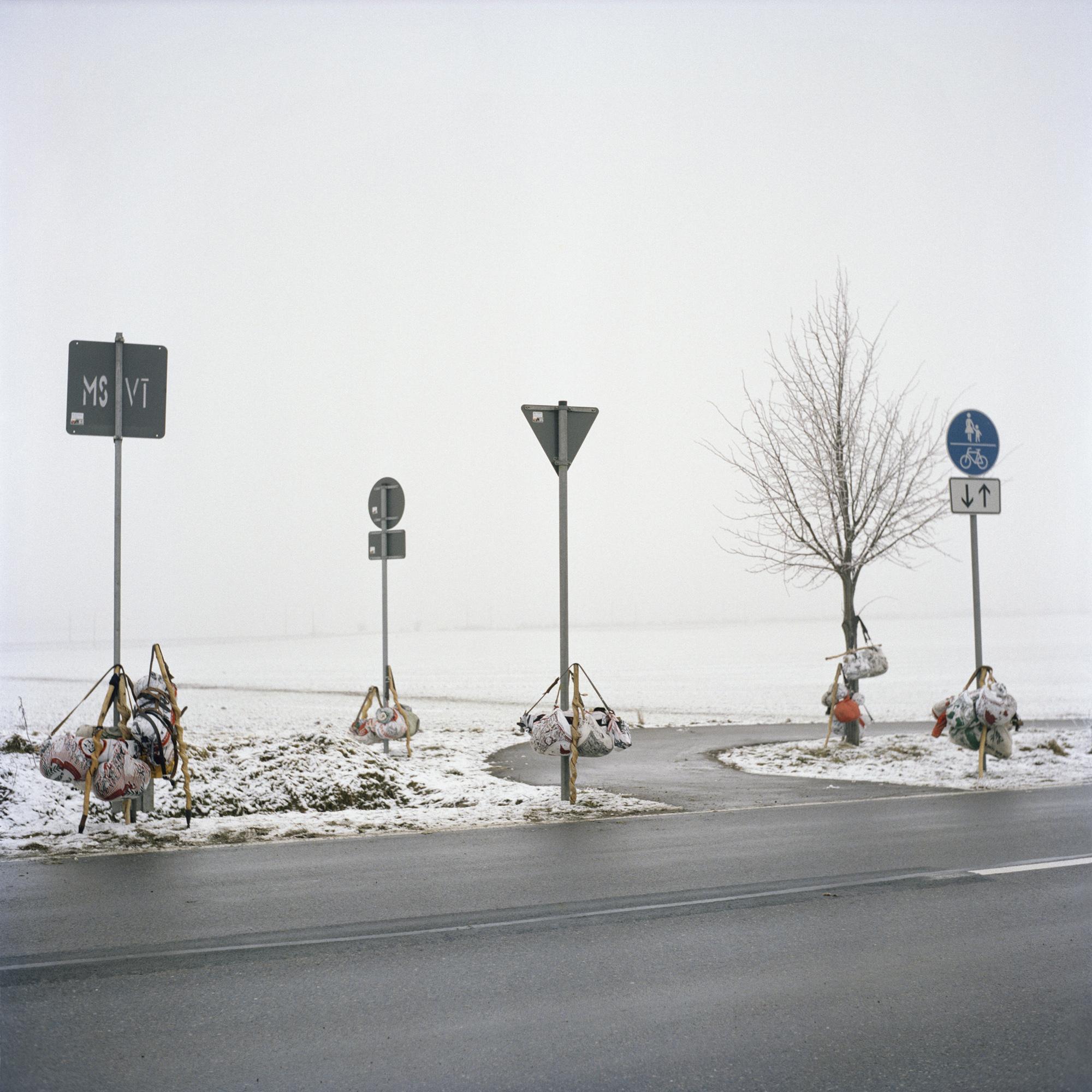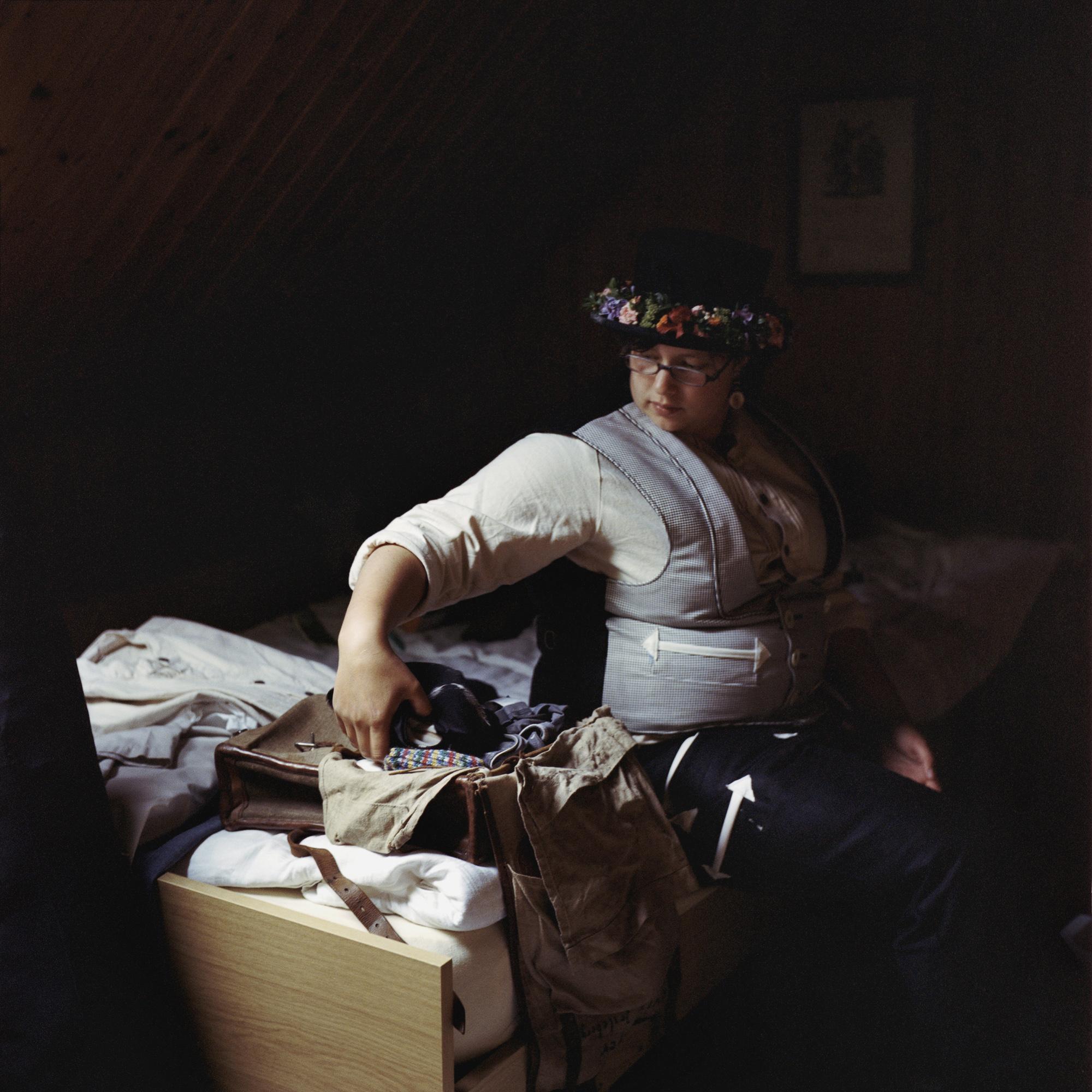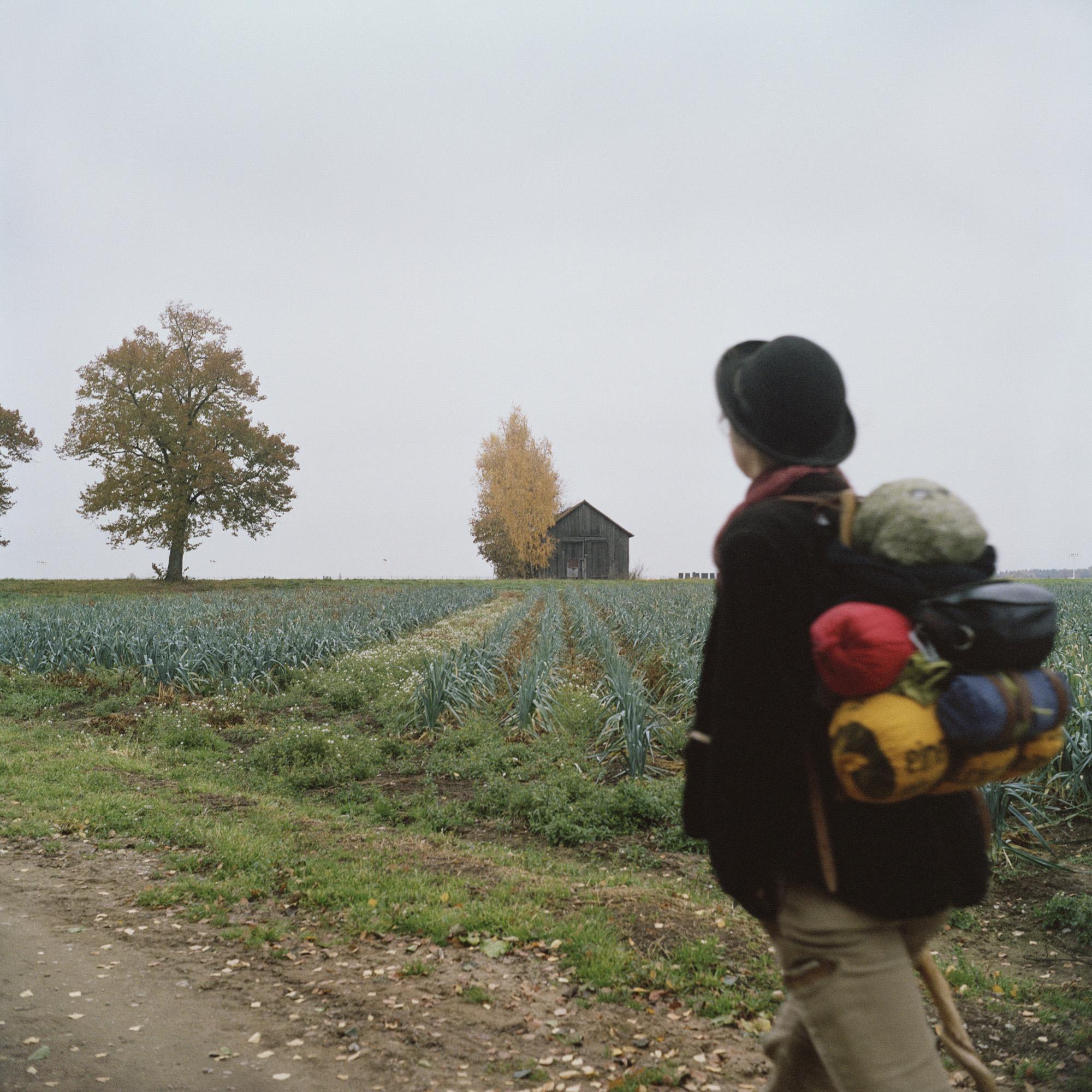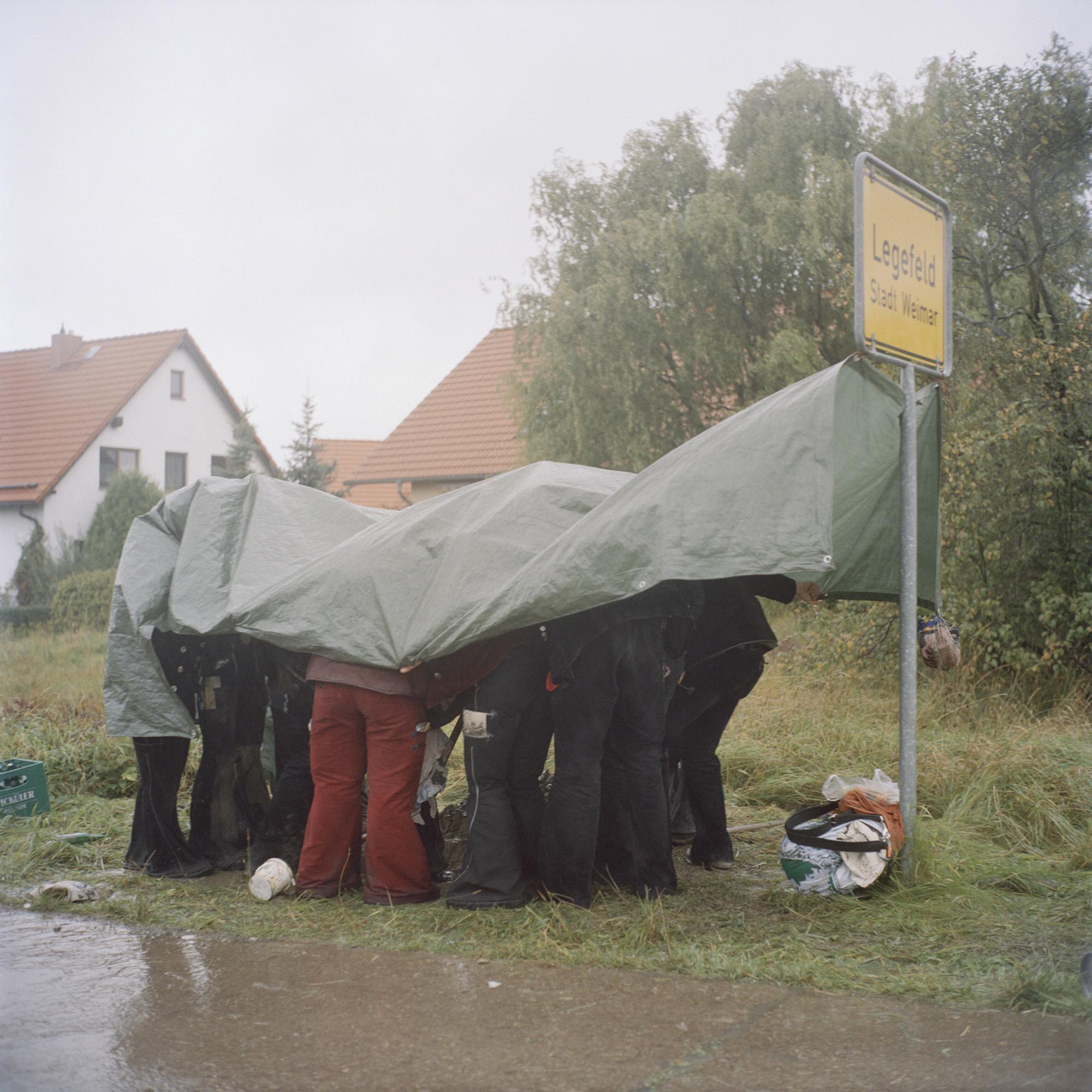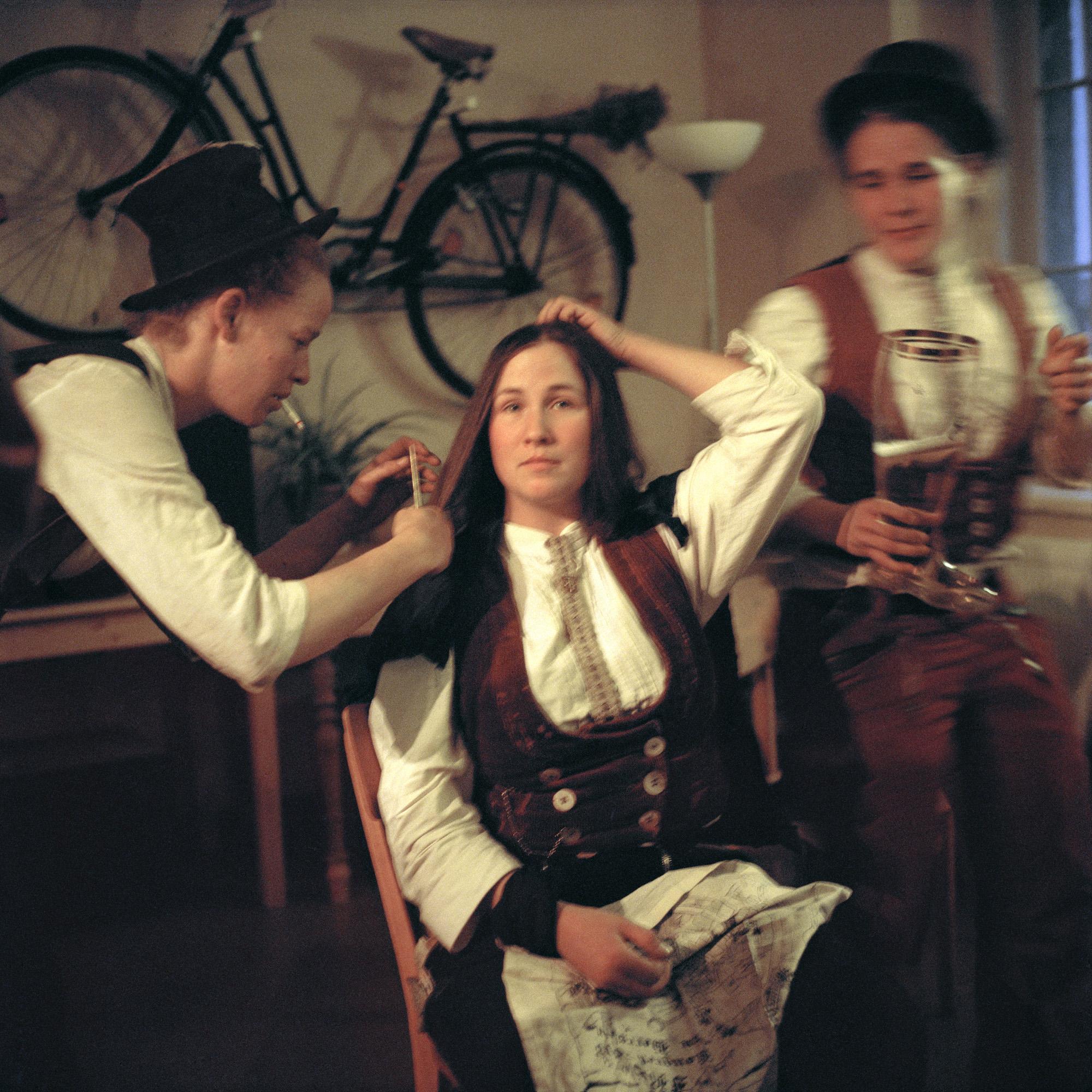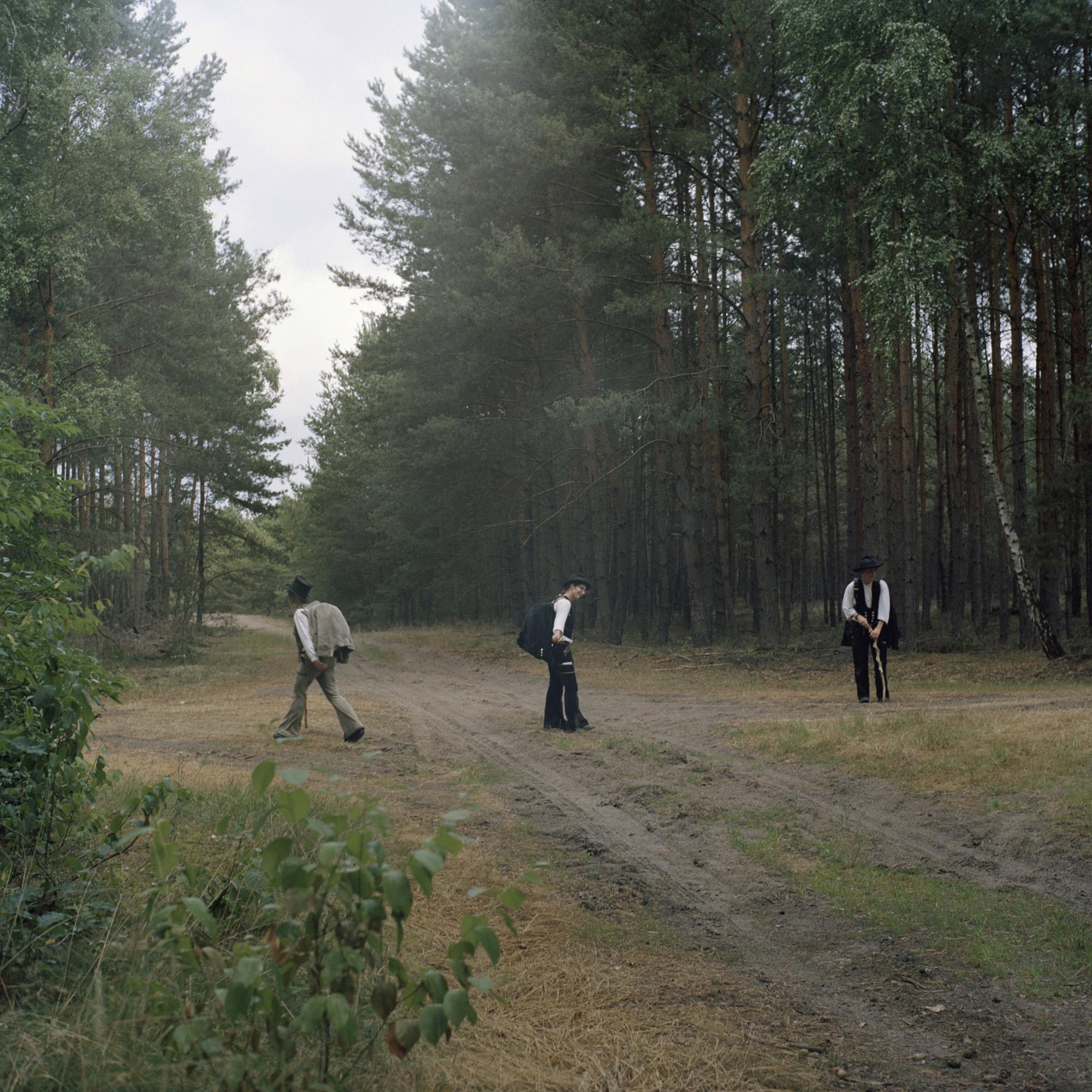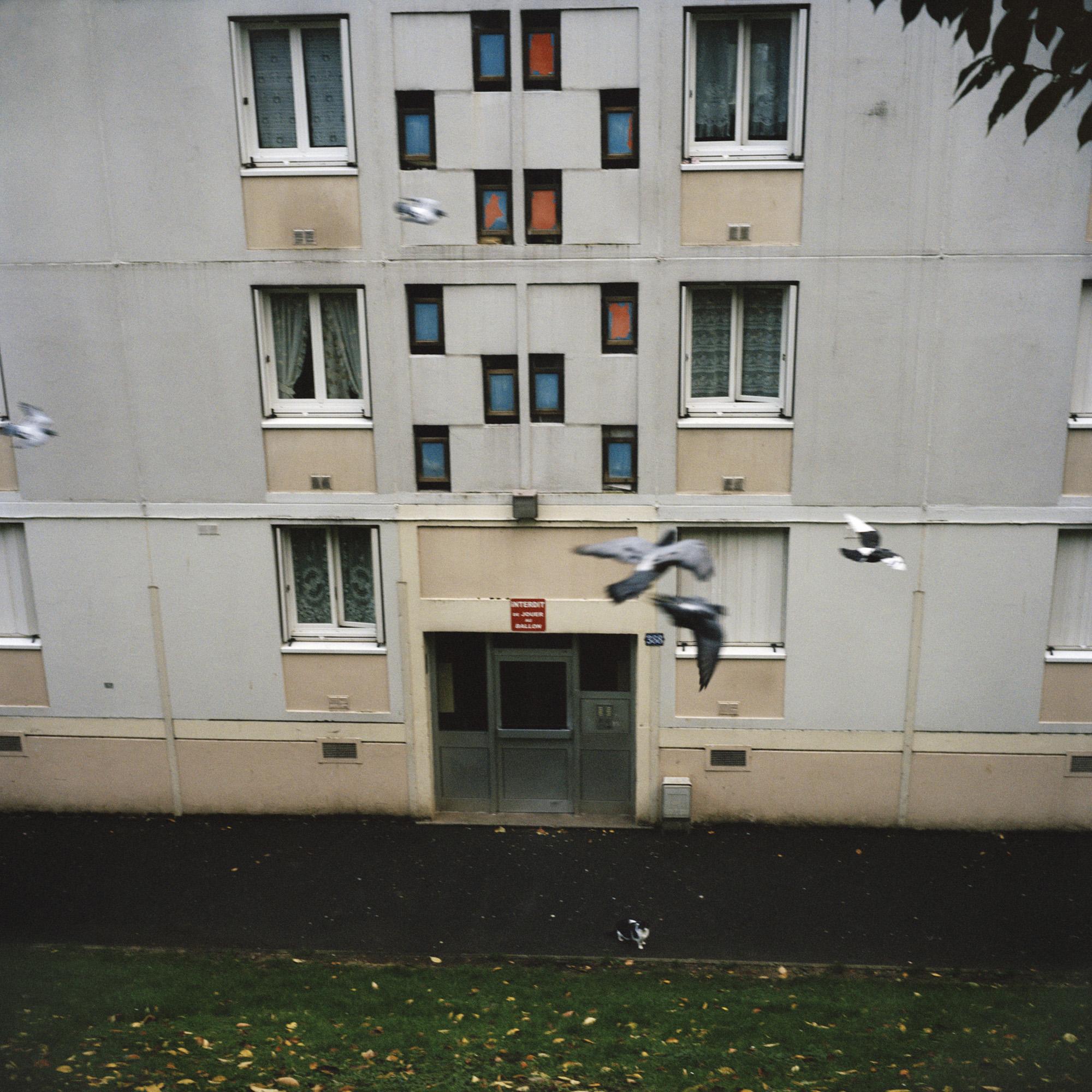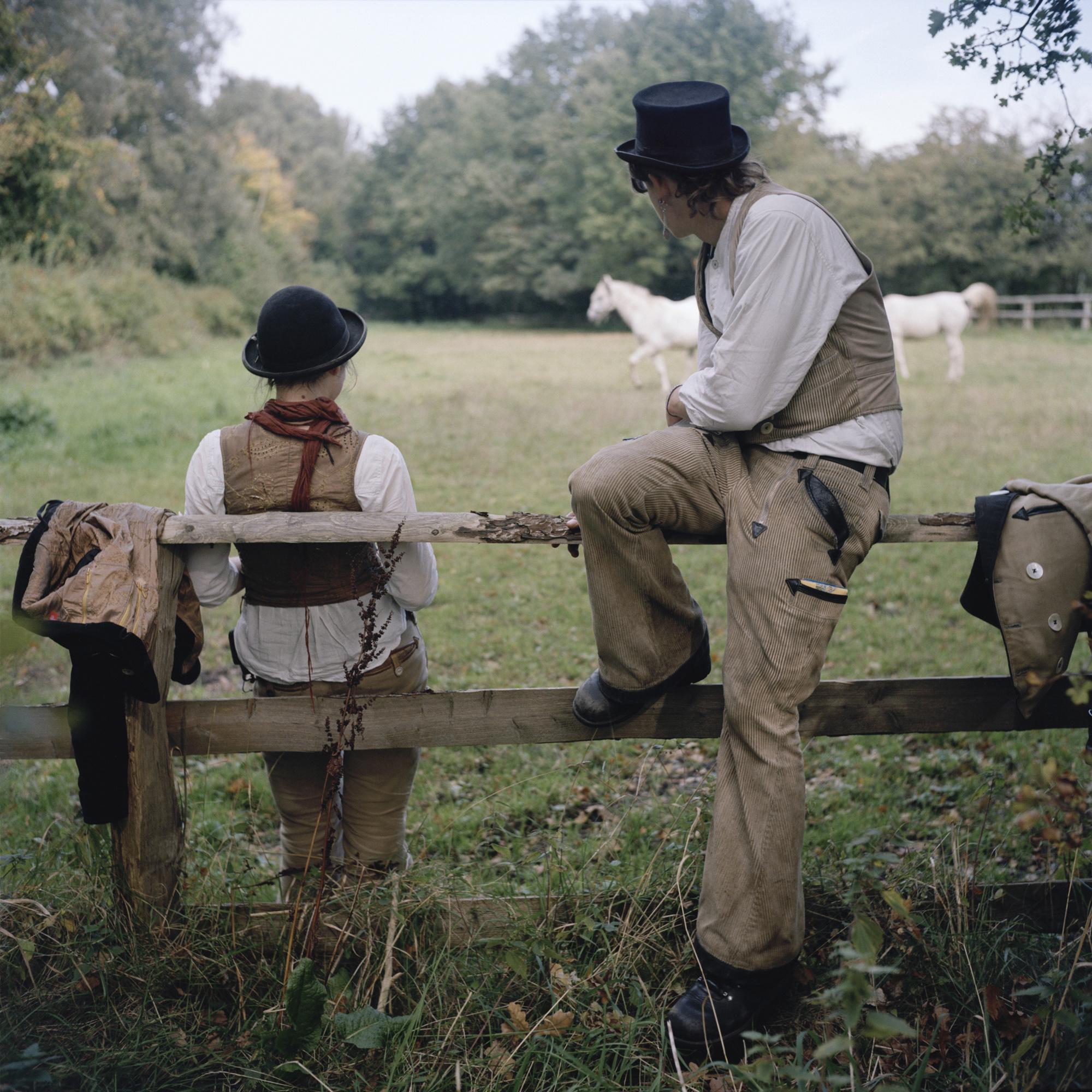Leisten, Schnega, Germany
Waren an der Müritz, Germany
Leisten, Schnega, Germany
Nürnberg, Germany
Henriettenhof, Germany.
Weimar, Germany
Uelzen, Germany
Weimar, Germany
Brandenburg, Germany
Brandenburg, Germany
Le Havre, France
Hamburg, Germany
WANDERTAGE
'Travelling for working and working for travelling'
German Wandergesellen are journeyman craftsmen who have been undertaking the same rite of passage for the last 800 years. Having completed an apprenticeship as carpenters, stonemason, baker of tailor, young men and women set out on foot with just a couple of coins in their pocket and a few bundled belongings. They travel as far as their craft might take them but cannot come within 50 km of home, until their Walz of 3 years and a day is over and they return as guilds-men and women.
A surviving medieval tradition in modern Germany, the Wanderschaft has many handed down secret rituals and rules. Dressed always with the traditional corduroy suit and a black hat, only walking or hitch-hiking, the Wandergesellen live a free and vagabond life. Journeymen-women learn, with the Walz, not only new, and old, handcrafts techniques they try to keep alive, but also how to get by on their own in life: without mobile phone, free, at their own rhythm, they willingly experience a de-escalation in life. The Walz is a journey, out of every present scheme, which allows while improving working skills also a deeper insight into other people's life and nature, as well as discovery of the self.
'Travelling for working and working for travelling'
German Wandergesellen are journeyman craftsmen who have been undertaking the same rite of passage for the last 800 years. Having completed an apprenticeship as carpenters, stonemason, baker of tailor, young men and women set out on foot with just a couple of coins in their pocket and a few bundled belongings. They travel as far as their craft might take them but cannot come within 50 km of home, until their Walz of 3 years and a day is over and they return as guilds-men and women.
A surviving medieval tradition in modern Germany, the Wanderschaft has many handed down secret rituals and rules. Dressed always with the traditional corduroy suit and a black hat, only walking or hitch-hiking, the Wandergesellen live a free and vagabond life. Journeymen-women learn, with the Walz, not only new, and old, handcrafts techniques they try to keep alive, but also how to get by on their own in life: without mobile phone, free, at their own rhythm, they willingly experience a de-escalation in life. The Walz is a journey, out of every present scheme, which allows while improving working skills also a deeper insight into other people's life and nature, as well as discovery of the self.
Public Project
WANDERTAGE
2,579


